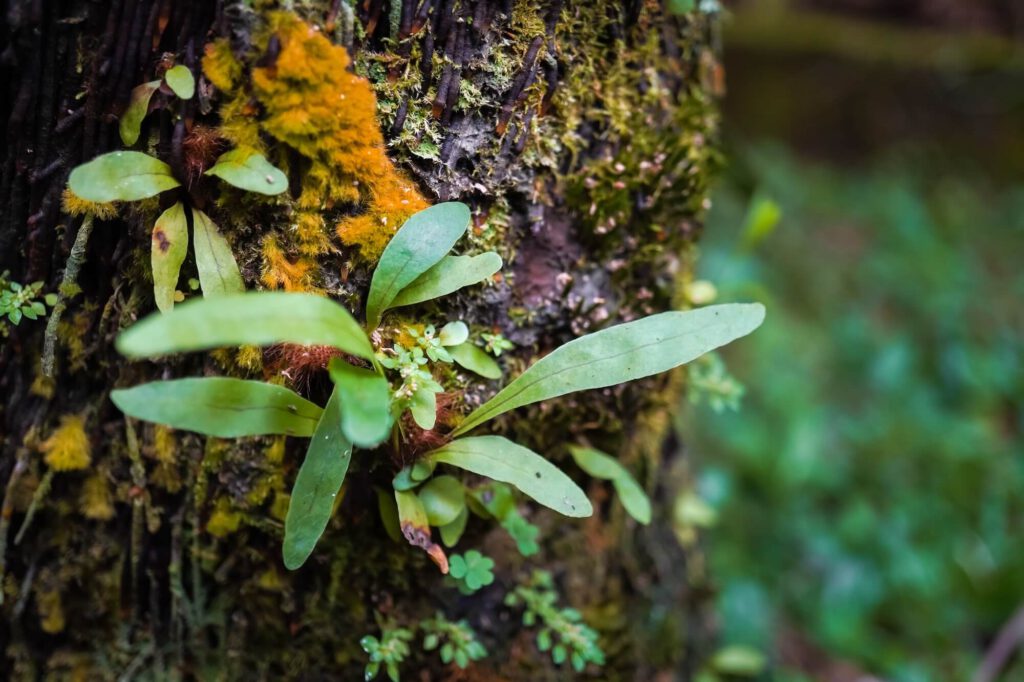Projects Resilient Landscapes Luxembourg
Biosphere Reserve Preservation,
The Democratic Republic of the Congo (DRC)
About
This project drives sustainable solutions in the DRC by implementing biodiversity, climate and livelihood initiatives, promoting clean cooking in Kisangani through awareness campaigns, sustainable wood cultivation, and smart charcoal-making, while attracting high-integrity carbon investments to ensure lasting forest conservation and community benefits.
Challenge
The Democratic Republic of the Congo’s forests face intense deforestation pressure, leading to climate impacts that demand large-scale investments to safeguard vital ecosystems like the Yangambi Biosphere Reserve.
Solution
This project in Kisangani drives the adoption of clean cooking solutions by launching impactful awareness campaigns, cultivating deforestation-free wood sources, and minimizing all wood consumption through advanced charcoal-making techniques. A robust supply and distribution network ensures widespread access to clean cookstoves, fostering long-term sustainability.
Market
Anchored in CIFOR-ICRAF’s rigorous scientific research and safeguards, this initiative attracts high-integrity carbon investments, delivering measurable, lasting impacts on forest conservation and community well-being.
Story
Forest Conservation and Clean Energy in the Congo Basin
In Sub-Saharan Africa, where most households rely on wood fuel due to limited affordable energy alternatives, deforestation and carbon emissions are growing concerns. As urbanization in the DRC accelerates, so does the demand for wood fuel. Positioned along the Congo River, Yangambi is a pivotal site where sustainable interventions can yield transformational change.
The DRC is home to 60% of the world’s second-largest rainforest, a vast and megadiverse ecosystem under severe threat, having lost over a third of its surface in just two decades. The Yangambi Biosphere Reserve, a UNESCO-listed 220,000-hectare site, is home to over 32,000 plant species and endangered wildlife like the central chimpanzee and giant pangolin.
For over a decade, CIFOR-ICRAF has been laying the groundwork for sustainable development in the Yangambi Biosphere Reserve, culminating in an innovative clean energy initiative to combat deforestation and climate change. This project promotes field-tested efficient charcoal kilns and improved cookstoves, reducing wood consumption by 50% and fuelwood use by 35-45%, significantly alleviating pressure on the rainforest.
This initiative is part of a holistic ecosystem approach, integrating governance support, policy advocacy, and economic development. Local communities and organizations play a key role, particularly through agroforestry programs that expand sustainable wood sources. RLL and its partners are already collaborating with 10 Tree-Planting and Sustainable Charcoal Associations, engaging 700 producer households and four cookstove-producing SMEs, with a target of deploying 900-1,000 charcoal kilns and 60,000 improved cookstoves annually.
The long-term impact is profound: over ten years, the project is expected to generate 1.8 million tCO2e carbon credits, drastically reducing deforestation while strengthening natural resource management. The initiative’s financing model is driven by high-value carbon credits, ensuring socio-economic benefits, including biodiversity conservation, improved soil fertility, enhanced farmer livelihoods, job creation, and increased ecosystem resilience.
This initiative is more than a response to deforestation—it’s about empowering communities, driving sustainable economic growth, and preserving the Congo Basin’s irreplaceable biodiversity for future generations.

